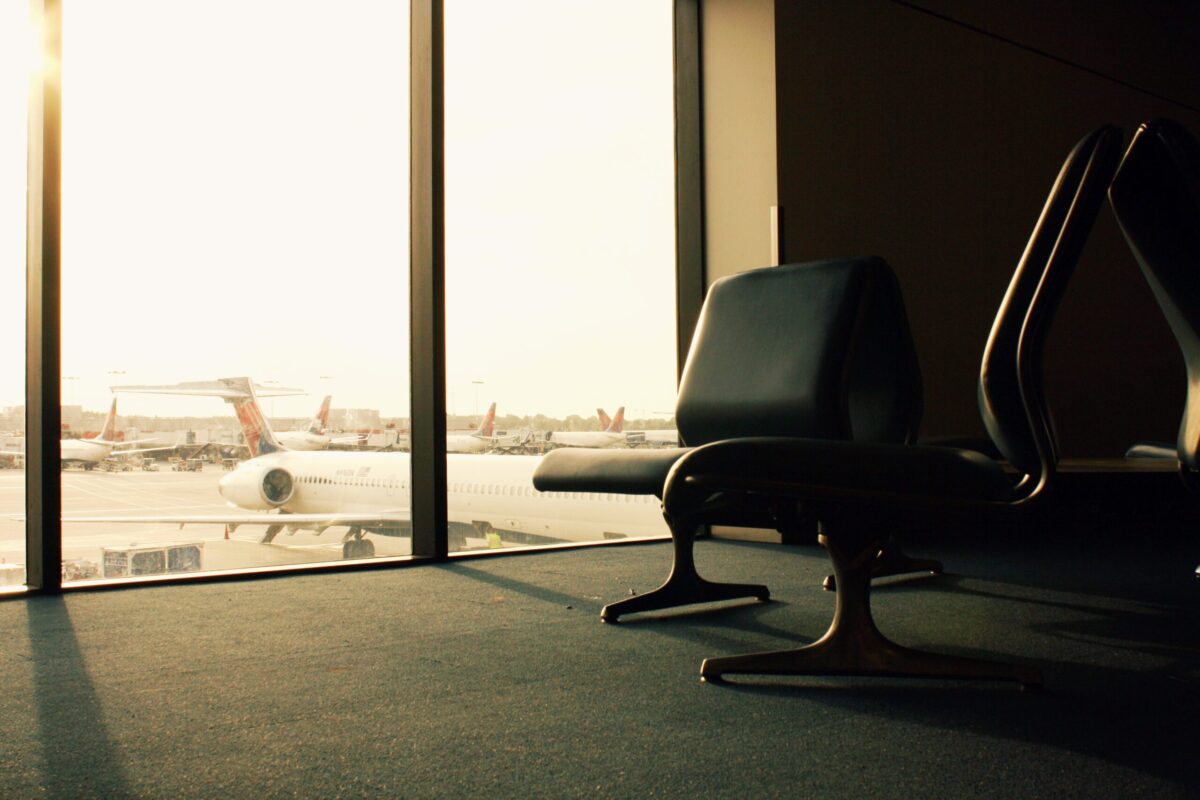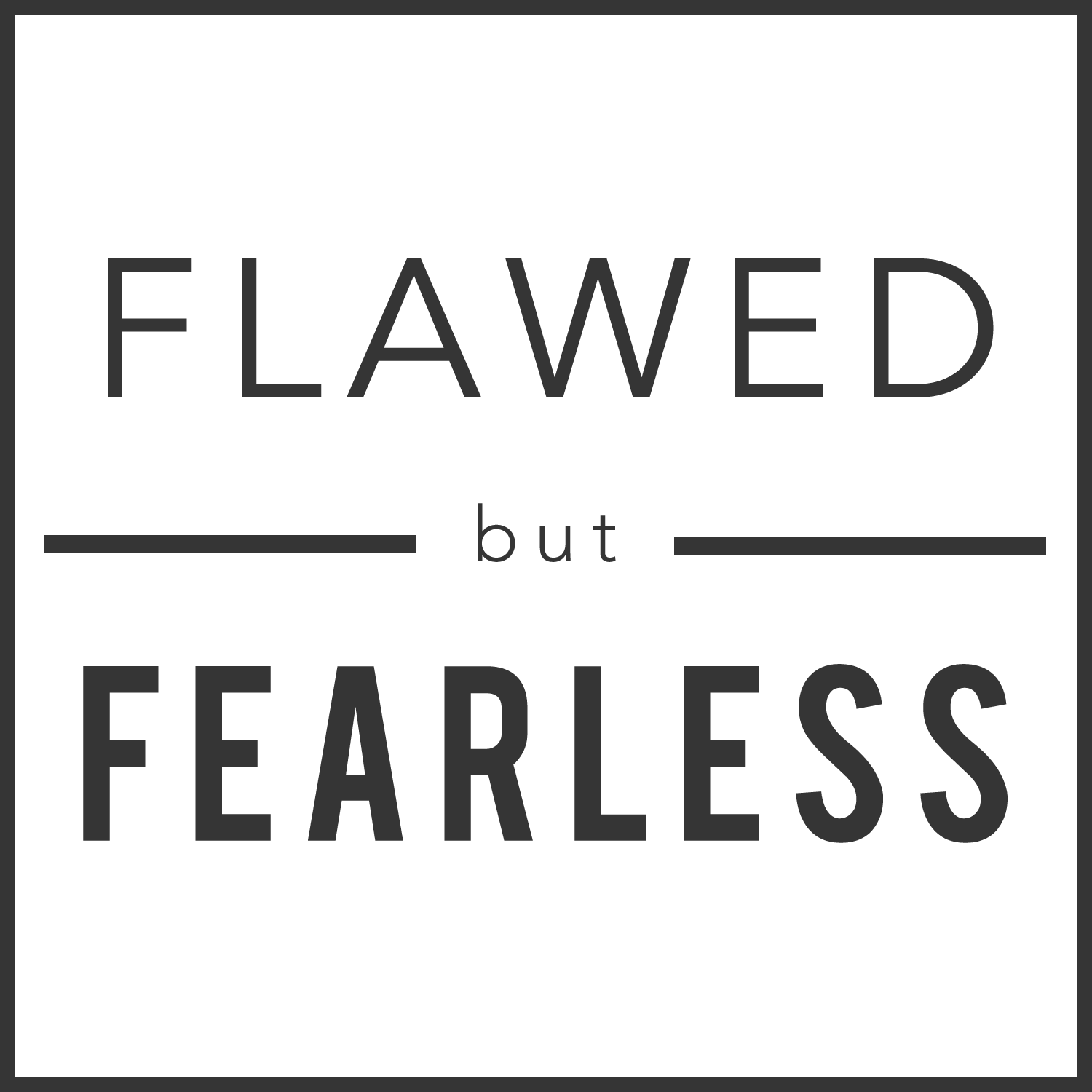
Let’s Talk About Fear

As humans, we’re equipped with built-in mechanisms to protect us. Our eyelashes, for example, and those little hairs in our noses–small and insignificant as they may be–perform a pretty important job of keeping dust and other potentially damaging objects out of our mucous membranes. They are just one of the many ways our bodies are built to keep us safe and alive.
Most of you are probably somewhat familiar with the concept of the “fight-or-flight” response. Our brains are hard-wired to protect us from perceived threats or predators, which is a physiological response dating back to our primitive ancestors (whose main goal everyday was probably avoiding being eaten by a tiger).
In order to dig deeper into the role fear plays in our lives, let’s start with a basic explanation of the body’s physical response to it, with a little help from the Mayo Clinic. (Reminder/Disclaimer: the closest I have ever been to being a doctor was dressing up as Meredith Grey for Halloween in 2006. I made a laminated name tag and everything. It was awesome. But I digress).
When you encounter a perceived threat, an alarm goes off in your brain that triggers the release of hormones that are designed to protect you, in particular cortisol and adrenaline. Adrenaline increases your heart rate and gives you a quick energy boost, while cortisol (also known as the “stress hormone”) releases glucose into the bloodstream while slowing down other functions the brain deems non-essential– namely digestion, reproduction, immunity, and growth.
Typically, in a fight-or-flight situation, the body exhibits a quick and powerful hormonal response that shuts itself off once the threat has passed. The other bodily systems then kick back into gear, and we essentially self-regulate. However, in a situation where we perceive an ongoing threat, we begin to function at a constant low level of continuous fear. Think about that for a second. The body keeps producing adrenaline and cortisol, and our other critical systems remain off-kilter, leaving us susceptible to headaches, sleep disorders, digestive issues, infertility, and chronic anxiety, just to name a few.
The fear response, while helpful in the short term for self preservation, if maintained for any significant period of time, can be extremely harmful. Fear can actually make us unknowingly adjust our lives to our own detriment.
I have personally found that the things that give me the most anxiety are typically things I don’t know much about, which have morphed into a major fear either via current events, the news coverage of those events, or both. I’ll give you an example. Sometime shortly after 9/11, I developed a pretty intense fear of flying. I had flown dozens of times by that point in my life, without ever giving it a second thought. Yet suddenly a switch flipped for me when it came to air travel. I was acutely aware of my mortality and the fact that I literally put my life into someone else’s hands every time I board a plane. So, for awhile I made the decision to just not go anywhere. Was that the healthiest option? Probably not. I missed out on seeing friends and family, having new experiences, and making memories with people I love. But not flying kept me feeling safe, and instead of educating myself, I allowed my deep (and arguably unfounded) belief that I would plummet from the sky to reign supreme.
And if I found air travel unavoidable for whatever reason, I would lose sleep the night before the flight and feel increasingly anxious in the hours and minutes before takeoff. Once airborne, any slight bump of turbulence immediately sent a jolt of adrenaline straight to my heart. My heart rate would skyrocket, my palms would sweat, and I’d feel certain the end was near. I experienced a very real, very physical reaction to flying, and at times it was nearly debilitating. Then when I was on solid ground again, I would feel almost euphoric to have arrived in one piece, endorphins flowing happily through my body.
While headed to Orlando in 2015, I hastily deplaned in West Palm Beach after we skirted through a thunderstorm with turbulence so rough the pilot had to try several times to descend and land. Once we finally landed, I shakily asked to be let off the plane, and was warned by the flight attendant that I wouldn’t be allowed to re-board for Orlando since I didn’t hold a boarding pass from West Palm Beach. But I was so consumed by my own panic that I got off the plane, rented a car, and drove nearly three hours at midnight. I allowed my fear to overwhelm my sense of reason and limit my ability to make a more rational decision.
Four years ago I met and started dating my husband, Paul, who is (ironically enough) a pilot, and through our many conversations about his work, he has helped me slowly deconstruct my feelings about flying. I’m still nervous in the air, but I also believe knowledge is power. Now when I’m on a plane and we hit some rough air, I mentally go through what I know to be true–that flying is one of the safest ways to travel, and that pilots undergo countless hours of training, complete with every possible “what if this goes wrong” scenario. I allow those facts to comfort me, rather than allowing the fear to consume me.
Lately it seems a lot of us are operating under a somewhat constant level of fear and anxiety, in large part due to the pandemic and the potential threat of illness and loss. While COVID is certainly a very real threat, it is a virus that is baffling much of the medical community, and there is much we still don’t know. And fear of the unknown, if allowed to grow and fester, can be devastating, emotionally and physically. Many of us are losing sleep over “what ifs,” our anxiety pungent enough to interfere with not just our health, but our basic enjoyment of daily life. At what point do we decide not to live in fear, and instead equip ourselves with as many facts and precautions as we can, and simply allow that to be enough for now? Then maybe we can rest each night with the conviction that we have done our best, while refusing to give a virus the power to dictate our decisions, our relationships, and our larger sense of well-being.
I believe a certain amount of fear is healthy and aids in self preservation. But we also get to choose how much we allow fear to control us and influence our lives and decisions, and when we seek out information and arm ourselves with facts, we can quell a LOT of unnecessary anxiety.
At the end of the day, I refuse to give fear that much power over me or cheat me out of health or happiness, particularly if the perceived threat may not be as huge as I’ve built it up to be in my mind.
We each have a choice to make: we can choose to live in fear, or we can choose to just live.
